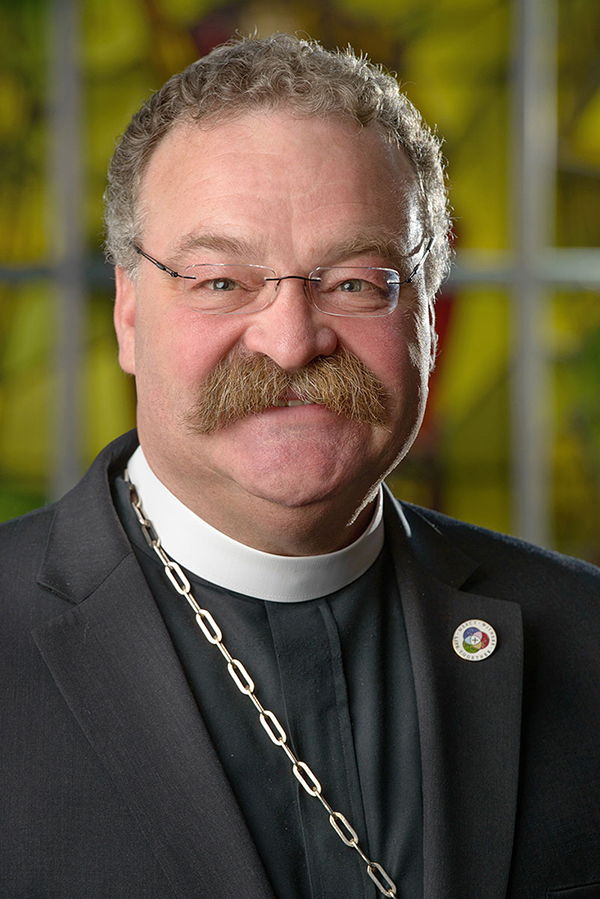
President Matthew C. Harrison (Photo: LCMS Communications).
USA – On June 26, 2019, The Lutheran Church—Missouri Synod (LCMS) announced that Rev. Dr. Matthew C. Harrison has been reelected as President of the church for a fourth term.
President Harrison was first elected to office in 2010, and his fourth term runs from 2019-2022. He was reelected with 51.76% of the vote (3,014 votes).
Other candidates for the position, Rev. Dr. David P.E. Maier (President of the LCMS’ Michigan District) and Rev. Timothy M. Klinkenberg (Senior Pastor of St. John’s Lutheran Church in Orange, California), received 39.89 percent and 8.35 percent of the vote respectively (or 2,323 and 486 votes).
The LCMS holds its presidential elections in advance of its synodical convention. Nominations for president were due in February 2019, with the three candidates receiving the highest portion of votes and consenting to serve if elected added to the slate. Voting was held June 22-25, 2019.
The LCMS will hold its 67th regular synodical convention July 20-25, 2019 in Tampa, Florida.
The Lutheran Church—Missouri Synod is a member of the International Lutheran Council (ILC), a global association of confessional Lutheran church bodies. In addition to his service to The LCMS, President Harrison has served on the ILC’s Executive Committee since 2018.
——————–

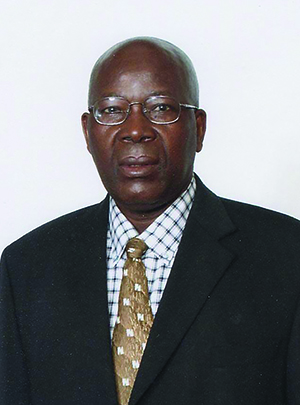
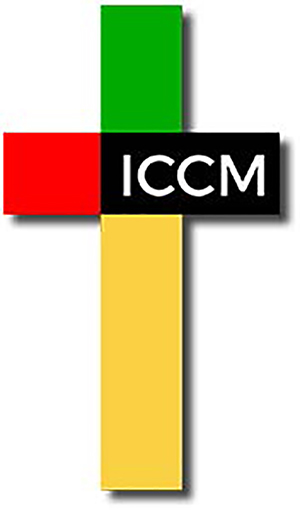 Rev. Alfazema returned to Canada for health reasons following his retirement, but the work they began continued. In 2018, the church which grew out of his mission work was officially recognized by the Mozambican government as the Concordia Christian Church in Mozambique (Igreja Cristã da Concórdia em Moçambique – ICCM). While the church was officially registered by the government in 2018, it had previously operated unofficially for several years under the name Concordia Lutheran Church in Mozambique (Igreja Luterana da Concórdia em Moçambique —federal requirements in Mozambique prevented the young church from registering with the word “Lutheran” in its legal name).
Rev. Alfazema returned to Canada for health reasons following his retirement, but the work they began continued. In 2018, the church which grew out of his mission work was officially recognized by the Mozambican government as the Concordia Christian Church in Mozambique (Igreja Cristã da Concórdia em Moçambique – ICCM). While the church was officially registered by the government in 2018, it had previously operated unofficially for several years under the name Concordia Lutheran Church in Mozambique (Igreja Luterana da Concórdia em Moçambique —federal requirements in Mozambique prevented the young church from registering with the word “Lutheran” in its legal name).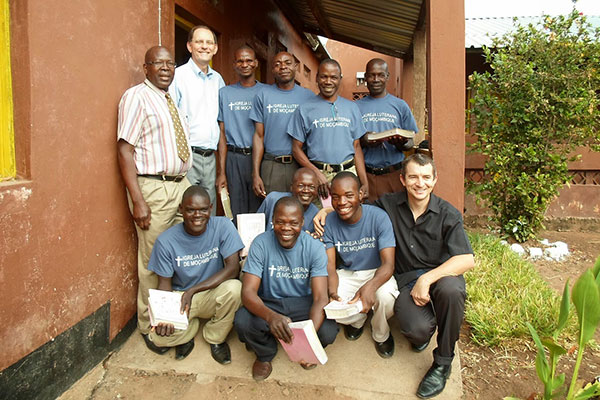
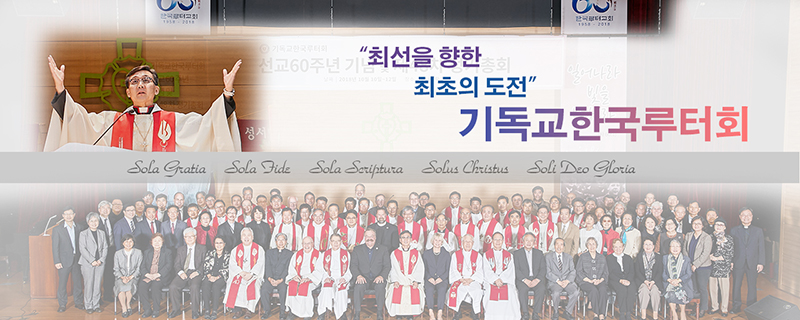
 SOUTH KOREA – The Lutheran Church in Korea (LCK) held its 48th regular convention October 10-12 at Luther University in Yongin, South Korea, during which time the church celebrated 60 years of Lutheran witness in Korea. The gathering took place under the theme “Arise, Shine.”
SOUTH KOREA – The Lutheran Church in Korea (LCK) held its 48th regular convention October 10-12 at Luther University in Yongin, South Korea, during which time the church celebrated 60 years of Lutheran witness in Korea. The gathering took place under the theme “Arise, Shine.”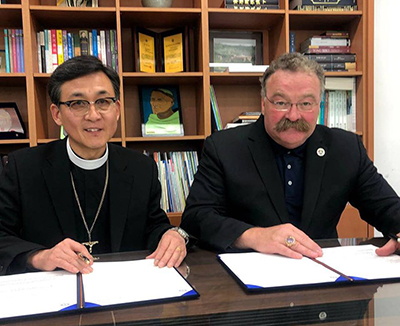
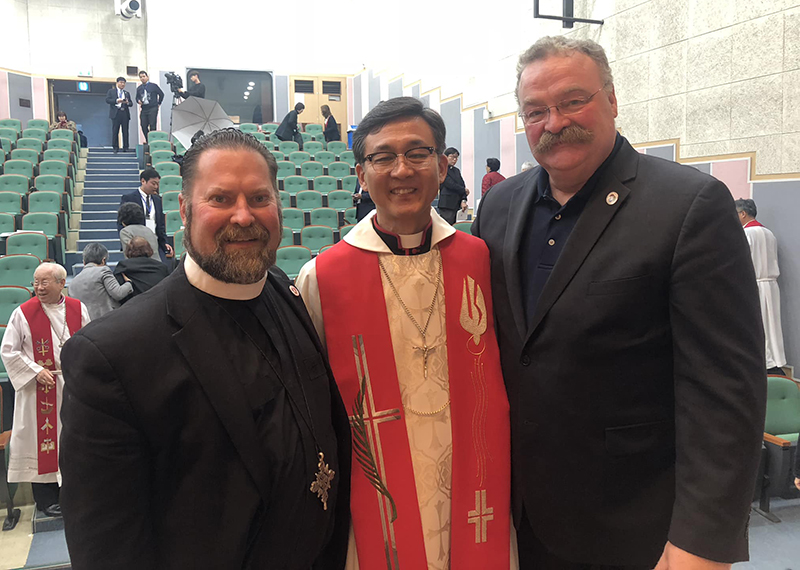
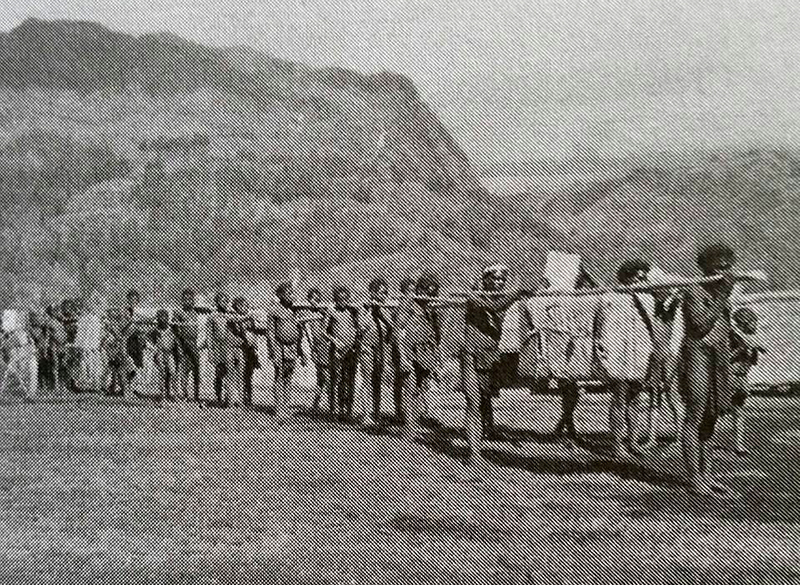
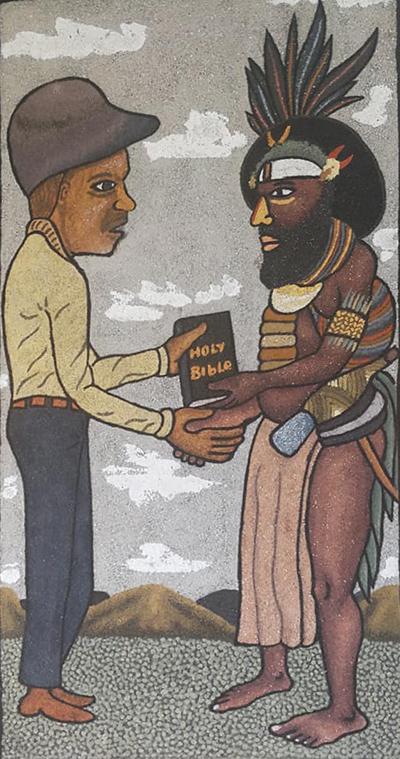
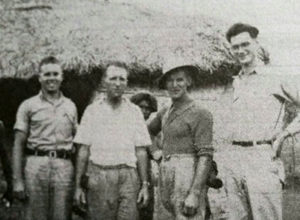
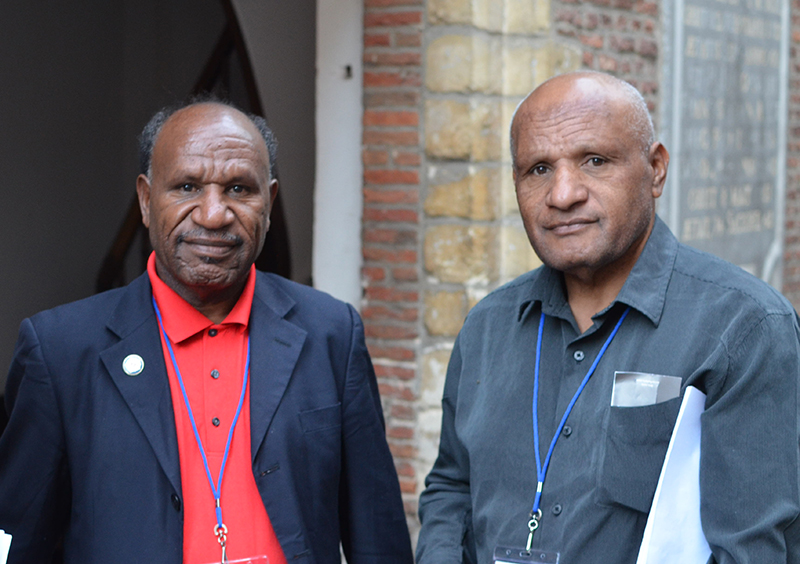
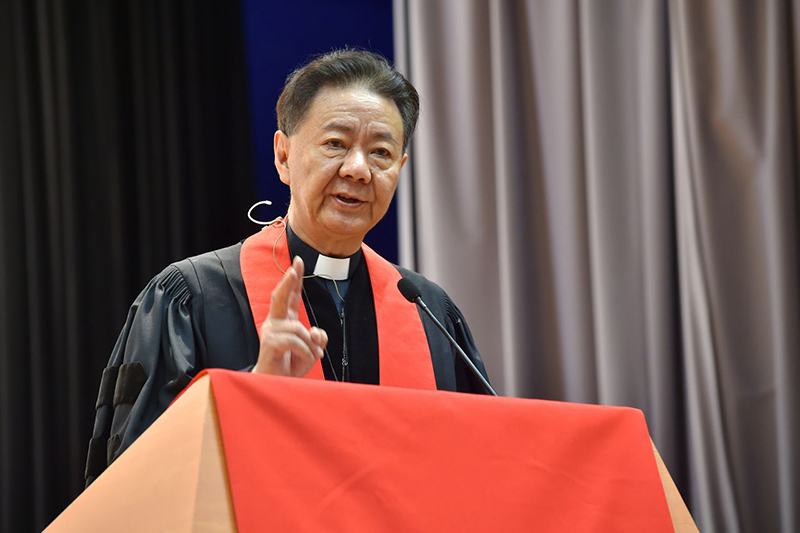
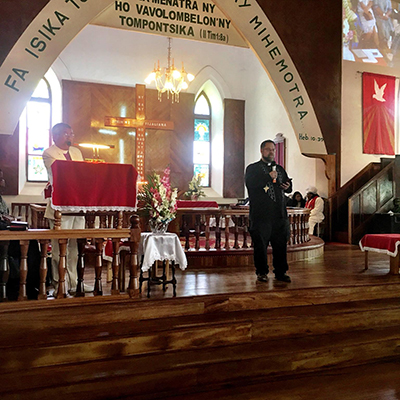
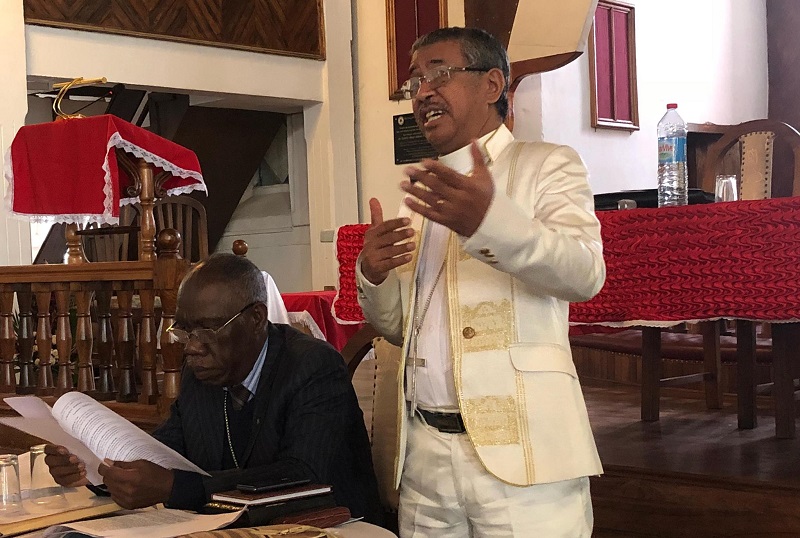

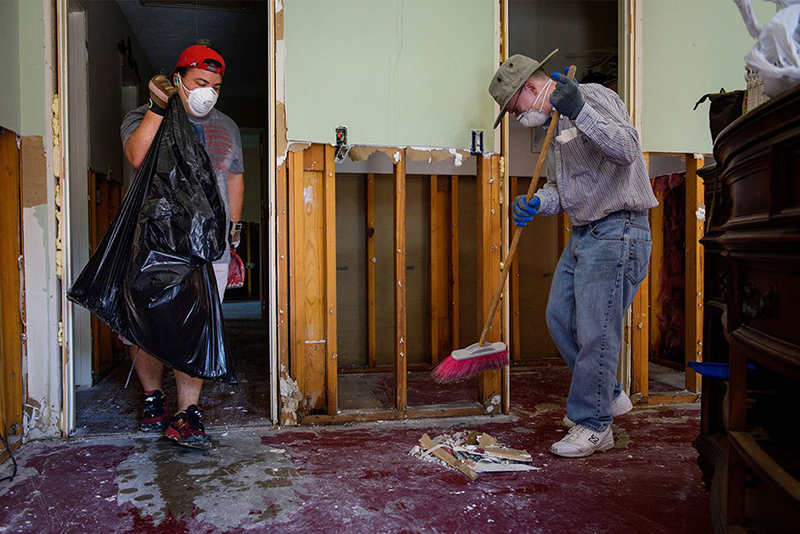
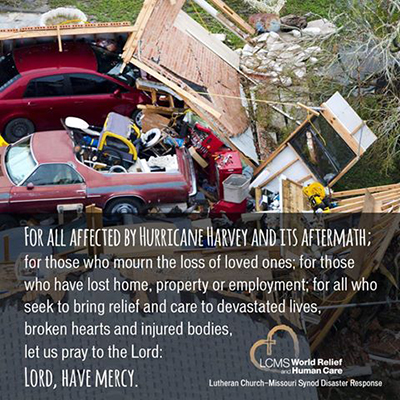 The national church’s World Relief and Human Care department has likewise been on the ground, determining the best opportunity for service. An LCMS assessment team led by the church’s Director for Disaster Response Ross Johnson
The national church’s World Relief and Human Care department has likewise been on the ground, determining the best opportunity for service. An LCMS assessment team led by the church’s Director for Disaster Response Ross Johnson 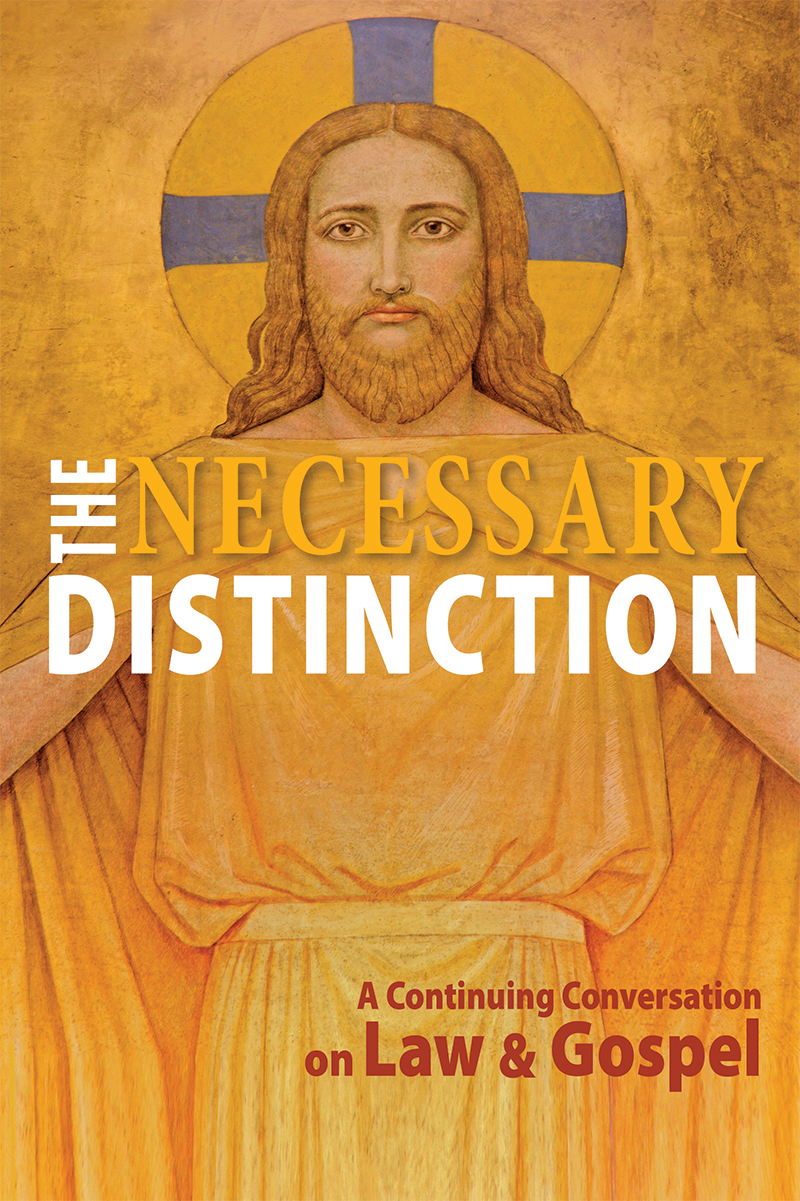 USA – When representatives of the North American Lutheran Church (NALC), The Lutheran Church—Missouri Synod (LCMS), and Lutheran Church–Canada (LCC) started meeting together more than five years ago, it was decided that the group would sponsor a book of essays on the proper distinction of God’s Law from His Gospel. That book will be
USA – When representatives of the North American Lutheran Church (NALC), The Lutheran Church—Missouri Synod (LCMS), and Lutheran Church–Canada (LCC) started meeting together more than five years ago, it was decided that the group would sponsor a book of essays on the proper distinction of God’s Law from His Gospel. That book will be